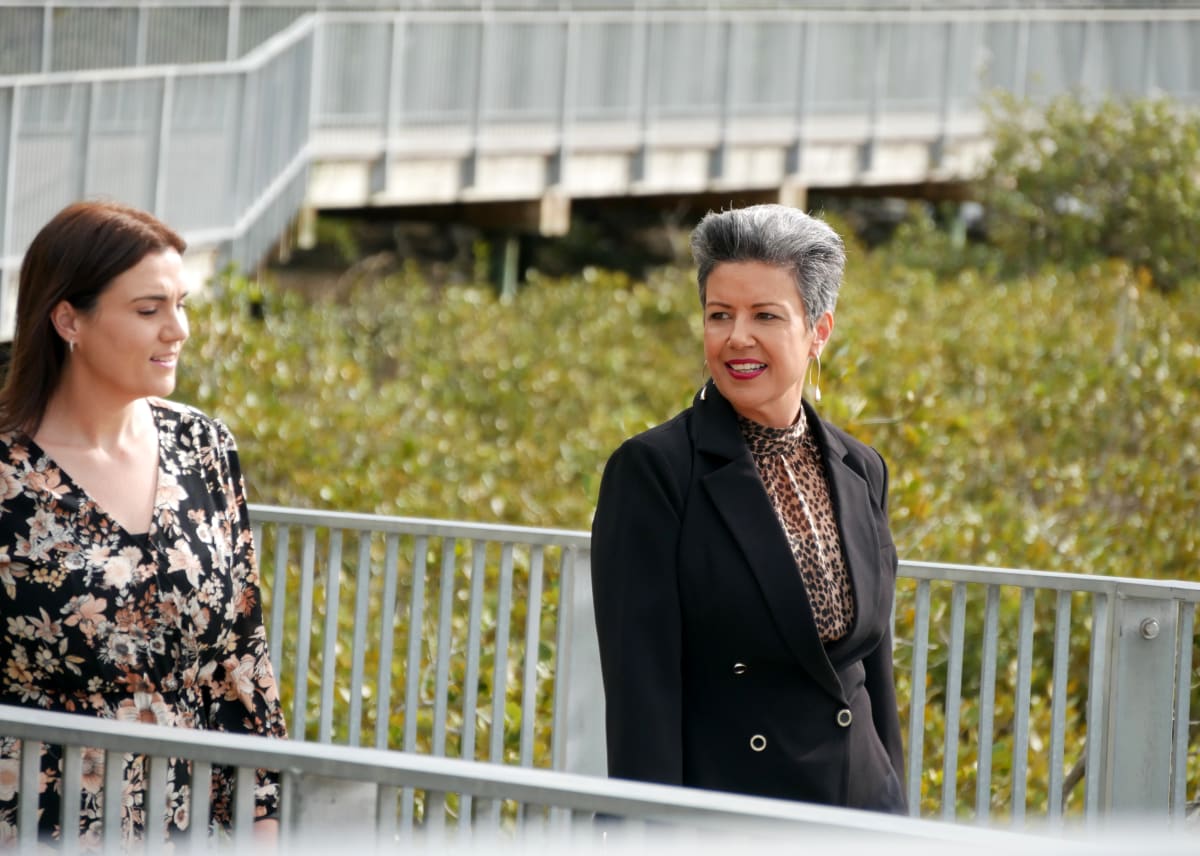Senior National MP and former deputy prime minister Paula Bennett will leave Parliament at this year’s election, after losing a number of leadership roles within the party following new leader Todd Muller’s successful coup.
The Upper Harbour MP was deposed as National’s deputy leader and campaign chair – replaced by Nikki Kaye and Gerry Brownlee respectively – after Muller ousted former leader Simon Bridges in late May.
Bennett had stood aside from her electorate seat to focus on overseeing National’s election campaign, but after losing the deputy leadership faced an uncertain wait to see whether she would be high enough on the party’s list to return after September 19.
Instead, she has preempted that process by choosing to retire at the election, having fallen from second to 13th in Muller’s internal caucus rankings shortly after he took power.
Announcing her political retirement in Auckland, Bennett told reporters it was “time for the next chapter” after 15 years in politics, with a move into business top of mind.
“I am excited to take the skills I have out of Parliament and into the business world. I have always wanted another career after politics and now is the right time for me to go and pursue that.”
Bennett entered Parliament as a National list MP in 2005, before winning the Waitakere seat off Labour incumbent Lynne Pillay by 632 votes at the 2008 election.
She told media she would remain a National Party supporter and believed the party was only a few points away from regaining power at the September 19 election, offering some praise for Muller.
“I think it is a really hard job and I think he’s improving all the time. It’s a lot of pressure and he’s had a lot to do, I have nothing but praise and I wish him all the best.”

Under Prime Minister John Key, Bennett held a range of ministerial roles including the state services, tourism, police and social development portfolios.
She became deputy prime minister under Bill English after Key resigned in December 2016, holding the role until National lost power to a Labour-led coalition at the 2017 election.
Bennett said she was particularly proud of her time as Social Development Minister, noting she came into the role as the country was facing the brunt of the global financial crisis.
“Vulnerable families and communities needed our immediate help and I ensured they had it. But they also needed hope of a better future for them and their families.”
Bennett said her welfare system reforms emphasised what people could do, with the number of sole parents on a benefit dropping by 30,000 and the number of teen parents effectively halved as people were “no longer dependent on the state and living independent lives”.
“Many think being a minister is a hands-off role. I loved being hands-on. I implemented those reforms, drove the change and the daily execution, and most importantly saw people’s lives and livelihoods improve.”
But Bennett’s time in the role was not without controversy: in 2009, she released the income details of two single mothers to the NZ Herald after the women criticised her decision to cut back welfare support.
In 2016, her office was accused of smearing the chairman of an Auckland marae helping to provide shelter to homeless Kiwis – an accusation she denied.
Bennett was also one of the former ministers targeted by New Zealand First leader Winston Peters over alleged privacy breaches related to his superannuation overpayments, reported by media during the 2017 election campaign, although she claimed victory after Peters’ legal action failed at the High Court.



